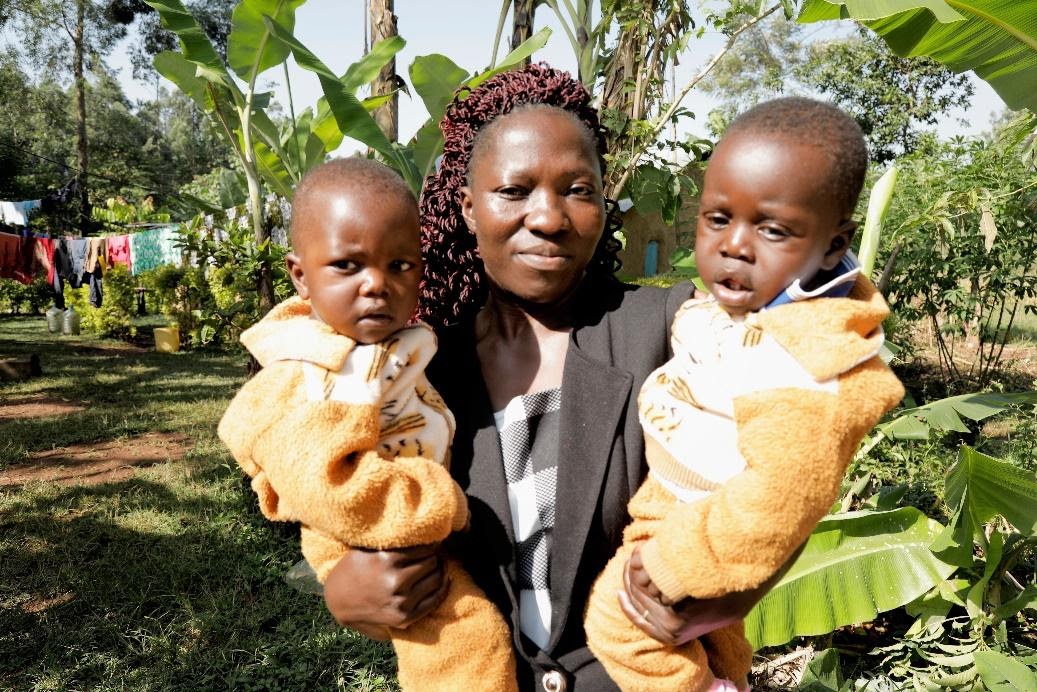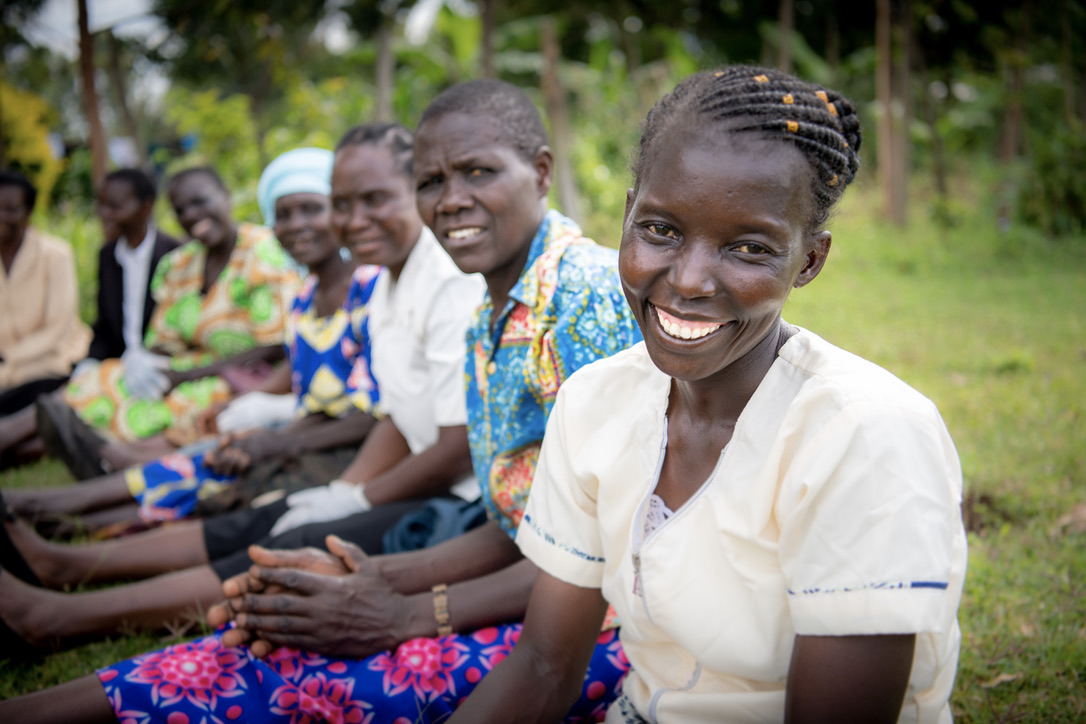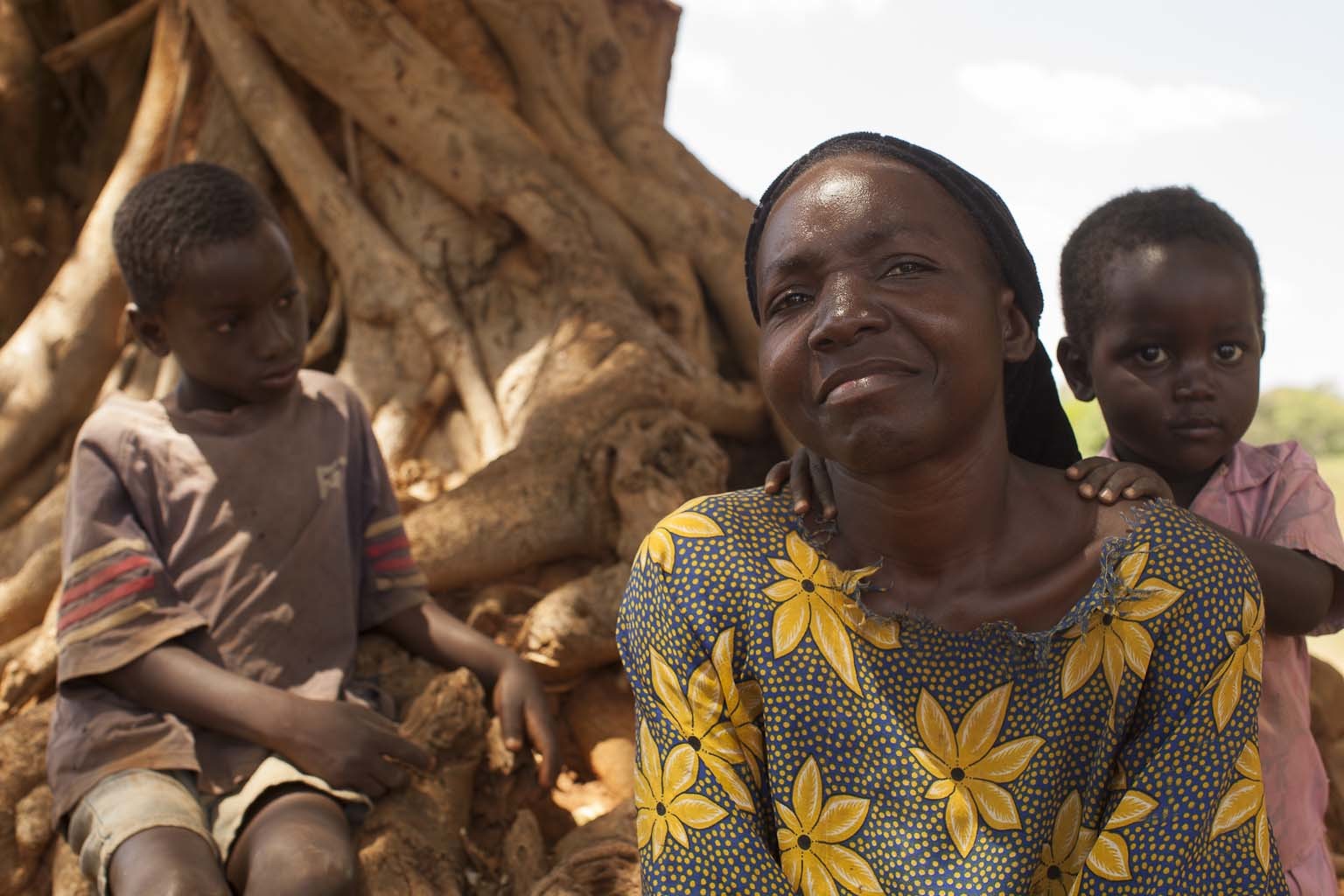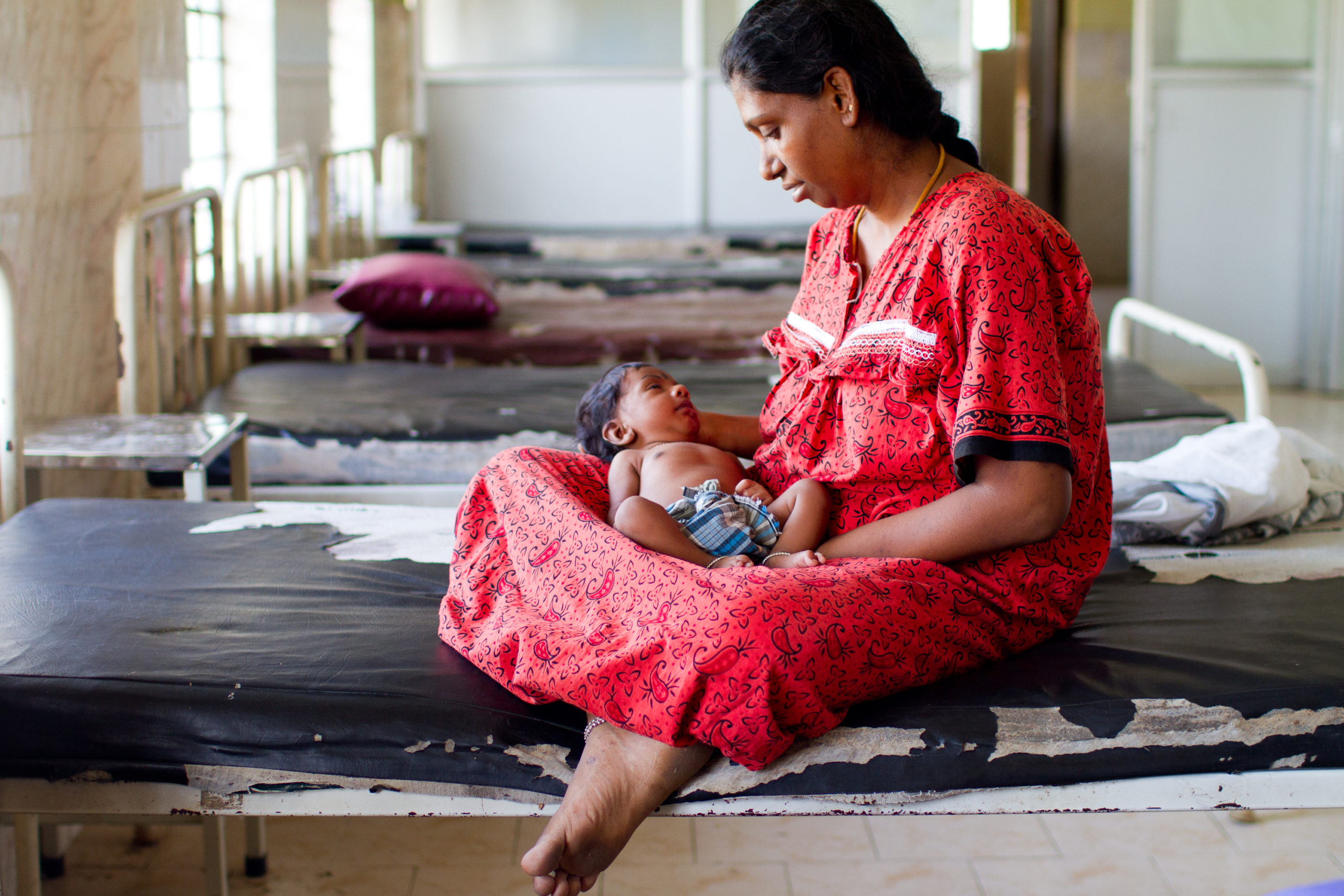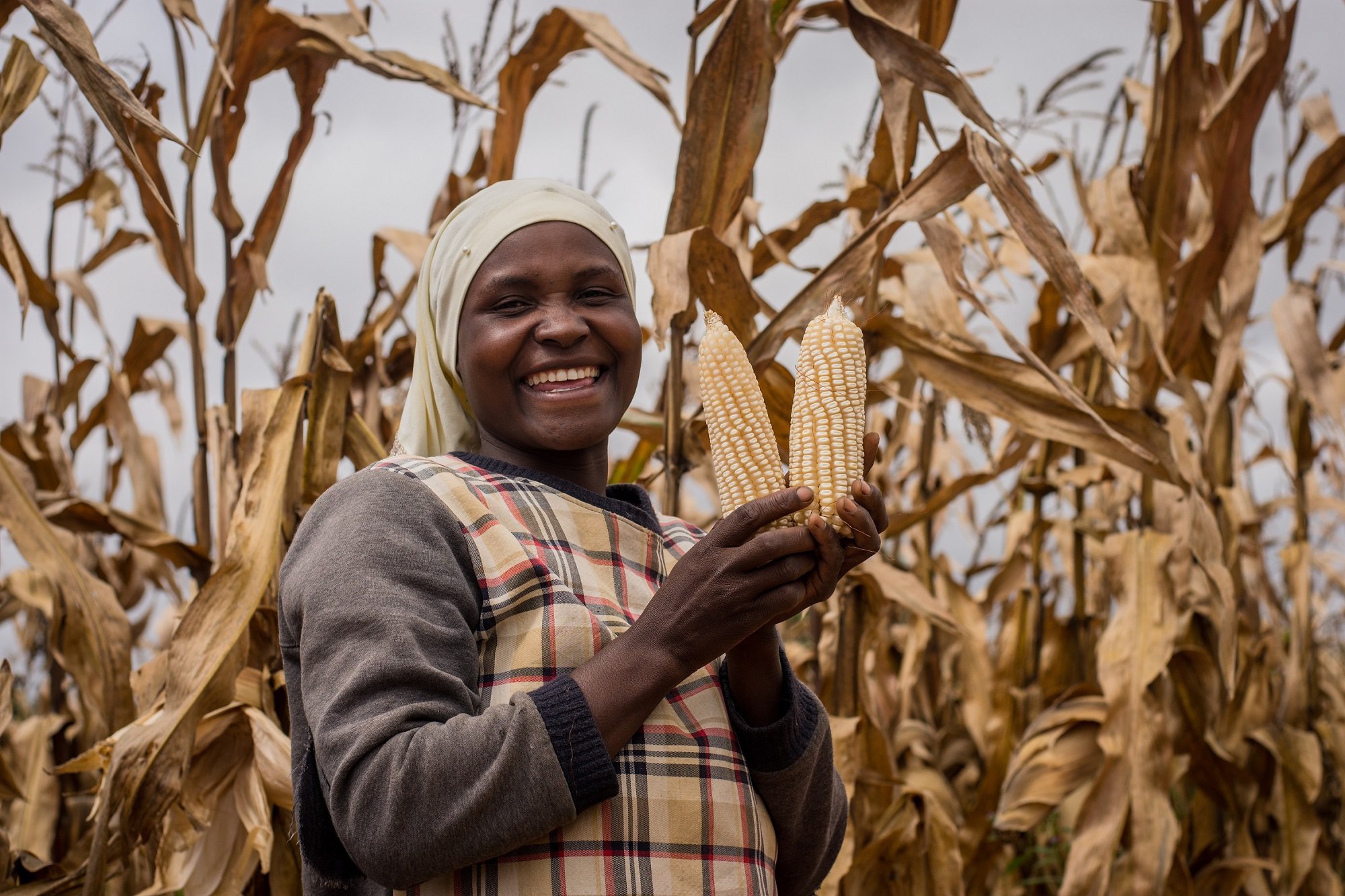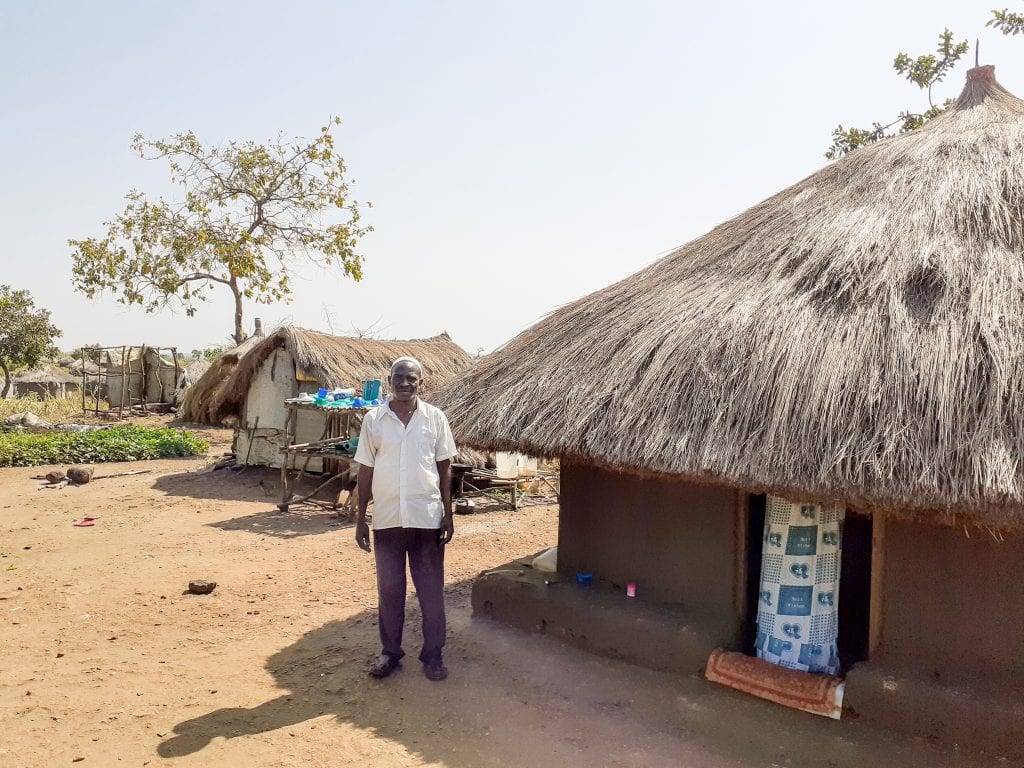In 2020, Living Goods-supported community health workers (CHWs) saved an estimated 17,000 – 19,000 lives, nearly doubling 2019 results. Families increasingly turned to CHWs for health care during the COVID-19 pandemic due to increased difficulties and fears around visiting facilities and Living Goods removing key barriers to ensure health service continuity.
In Kenya, Consolata gave birth to premature twins right before the pandemic. Now, they are 14 months old and healthy thanks to the support of a CHW in Consolata’s town. “Our CHW has been my greatest blessing. My children would not be where they are now without her support,” Consolata shares. Adapting to the evolving circumstances of the pandemic, Living Goods enacted low- and no-touch protocols so that CHWs could continue their important work without risking infection. These protocols allowed CHWs to continue assessing and treating sick children, like Consolata’s twins.
In Uganda, Immaculate shares her relief upon using CHW services for the first time. “Both of my children fell ill this year. The youngest was particularly sick. I had been to several health facilities, but he wasn’t getting better. Then someone advised me to try the services of the CHW in my area. I was so shocked at her level of professionalism. She showed a lot of care for the child when she was assessing him.”
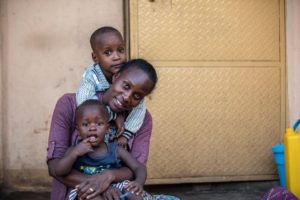
Since she can rely on a nearby CHW, Immaculate doesn’t have to travel to a facility or hospital to receive the care and medicines she needs to ensure her children remain healthy. Living Goods decided to offer free medicines during the pandemic so that cost wasn’t an inhibitor to obtaining the medicines needed to treat children under five-years-old.
